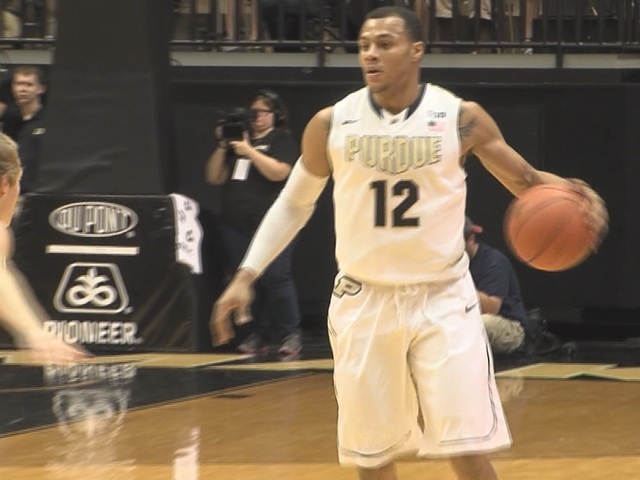After UConn’s fifth practice of the spring, Bob Diaco spoke about Sean McQuillan and his rise to a leadership role on the offensive side of the ball.
Now, McQuillan’s collegiate career at UConn could be done depending on the route of discipline Bob Diaco and co. decide on.
According to UConn’s newspaper, the Daily Campus, McQuillan was arrested on April 17 following an on-campus fight and was charged with second-degree assault and disorderly conduct.
The second-degree assault is a Class D felony and the disorderly conduct charge is a misdemeanor.
Police reports say that the other individual, McQuillan’s roommate, suffered significant facial injuries. The victim was not a member of the football team.
UConn released a statement about the incident Tuesday.
“The athletic department is aware of the situation and we will wait for the judicial process to take its full course. In the meantime, Sean has a responsibility to finish out the semester academically,” Mike Enright, the Senior Associate Director of Athletics/Communications, said.
McQuillan was the recipient of the only touchdown in UConn’s spring game just two weeks ago. His 16 catches in 2014 were the second-most in returning Huskies and made him a candidate for an offensive leader on and off the field.
Behind him on the depth chart is sophomore Alec Bloom and redshirt sophomore Tommy Myers.
Bob Diaco now faces an off-field obstacle in deciding what to do with McQuillan before the start of the season.
Diaco and his staff could take a strong stance on this issue and release the redshirt senior of his football duties, effectively ending his football career and sending a powerful message to his program.
On the other hand, if they let the case run it’s course, McQuillan could rejoin the team if the legal course is generous enough to him and his circumstances.
It was June of last year when Diaco dismissed running back Lyle McCombs, the fourth-leading rusher in school history, before he even took a snap under the new head coach.
The running back was arrested on a marijuana charge in 2011 and was immediately suspended.
McCombs was also arrested in 2012 after an on-campus altercation with his girlfriend, a second-degree breach of the peace, and was suspended under Paul Pasqualoni for the first quarter of the following game.
Following a fight in an on campus gym involving McCombs, Diaco dismissed him from the team citing his “resume” of events leading up to it.
It was clear that none of his antics would be a fit for Diaco’s team.
So what’s the difference between McCombs and McQuillan?
McComb’s list of run-ins with the law don’t compare to McQuillan in terms of quantity, but the tight end’s charge is a felony and a higher degree crime than McCombs committed in his time at UConn.
It’s not as black and white of a situation comparing misdemeanors and felonies, but it will be interesting to see how Diaco will handle this situation compared to coaches of the past.
If the charge is somehow dropped to a misdemeanor on McQuillan’s court date of May 21, it should improve his chances of seeing the field this season, but Diaco still has a chance to send a loud and clear message to his team about a no-nonsense culture.
Add The Sports Daily to your Google News Feed!
